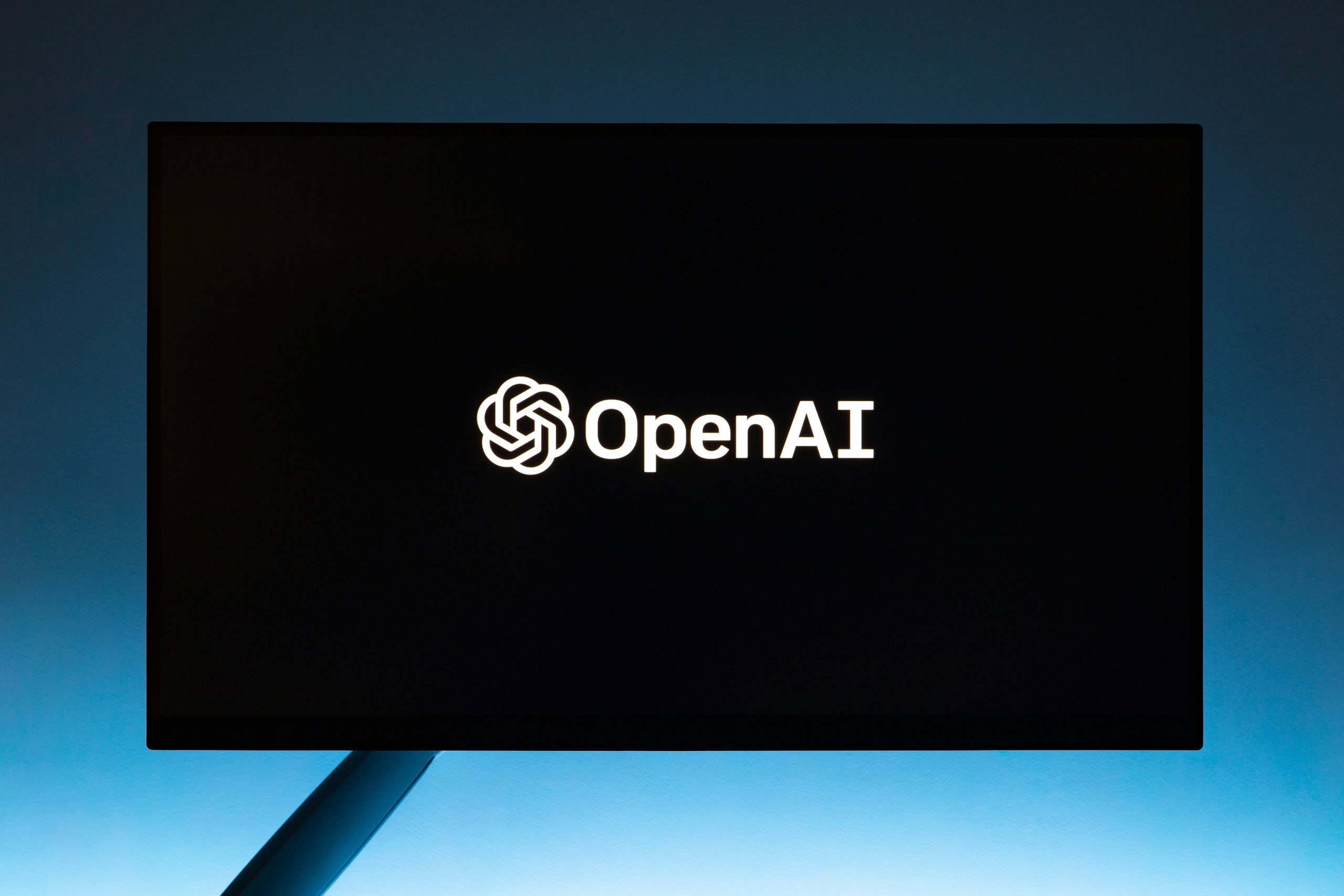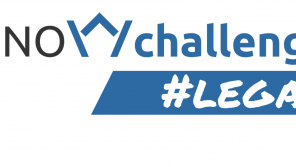Controversy, threats, and a glorious comeback – what may sound like the plot of a novel at first has recently become reality for OpenAI, a leading company in generative AI.
The initial transition
On November 17th, the OpenAI board announced that Sam Altman would depart as CEO and leave the board of directors. Mira Murati, the company’s chief technology officer, would serve as interim CEO, effective immediately.
In a statement, the board of directors said: “OpenAI was deliberately structured to advance our mission: to ensure that artificial general intelligence benefits all humanity. The board remains fully committed to serving this mission. We are grateful for Sam’s many contributions to the founding and growth of OpenAI. At the same time, we believe new leadership is necessary as we move forward. As the leader of the company’s research, product, and safety functions, Mira is exceptionally qualified to step into the role of interim CEO. We have the utmost confidence in her ability to lead OpenAI during this transition period.”
As a part of this transition, Greg Brockman stepped down as chairman of the board and remained in his role at the company, reporting to the CEO.
Threats of resignation
The very next day, rumors were already circulating that the OpenAI board was in discussions to reinstate Altman as CEO. However, the board initially stuck with its decision and named Emmett Shear, the former CEO of Twitch, interim CEO. In the meantime, Microsoft, which has a $13 billion investment in OpenAI, announced that it was hiring Altman and Brockman to lead a new AI research team. This made hundreds of OpenAI employees threaten to resign and join Microsoft as well, stating in a letter to the board that they were going to leave if the board did not reinstate Altman and Brockman. This ultimately led to the return of Altman und Brockman being decided on, along with a change of the composition of the OpenAI board.
(In)Security for the legal tech market?
The legal market, as market insiders have reported, is marked by insecurity regarding the stability and multitude of generative AI providers, which these events have not exactly alleviated. Many market participants are unsure when it comes to choosing one – or more? – providers.
Although this chain of events has often been described as “chaotic”, OpenAI will at least not run out of innovative spirit for now – unlike when Steve Jobs left Apple in 1985 and only returned in 1997. However, the attention that OpenAI has gotten in the past days and weeks can be seen as a reminder of how important the company is to the Legal Tech ecosystem and how potentially far-reaching implications its actions may have. Something else that seems to have played a role in the past events surrounding OpenAI was the fear that the technology developed by it might one day do more harm than good. The concern that AI might one day become smarter than people and even make them redundant has been accompanying new developments steadily – and has only been heightened by the success of OpenAI.
Nevertheless, OpenAI will surely, thanks to its solid financing (read about Microsoft’s investment into OpenAI here) and the remaining innovative spirit, continue playing a decisive role in the field of generative AI.




